For more than 40 years, area residents have brought injured and orphaned wildlife to the Western North Carolina Nature Center, but after Nov. 30, they’ll be turned away.
“We’ve never been a rehabilitation facility,” says Chris Gentile, the organization’s director, “but we were, I guess, one of the only places in the region that people could trust and bring those animals to.”
According to Gentile, the Nature Center began unofficially accepting these animals as soon as it opened, back in the 1970s. Last year, community members brought more than 1,500 animals to the facility for triage and stabilization. Within 10-12 hours, those animals were transported to licensed, home-based wildlife rehabilitators.
“There’s nowhere in the area that can take the large number of animals coming in,” says Savannah Trantham, assistant animal curator at the Nature Center. “That number grows each year.”
Reasons for the increase, she says, include human population growth, more outdoor recreational activities and climate change.
“We typically see fewer animals in the fall, due to migration and hibernation,” Trantham explains, “but as the warmer seasons stretch out more and more, the number of animals coming in each fall continues to rise.”
Because it’s open seven days a week and 361 days per year, the Nature Center is accessible, making it a de facto gateway to the wildlife rehabilitation community, she notes.
Changes at the facility, however, will make it impossible to continue serving that role, Gentile explains.
“With some of the renovations we’re doing, we realized that the small space we used to temporarily house those animals was going to be impacted. We’re starting construction on a new front entrance, and that space is going to be affected.”
Although the center understands how important it is to offer rehabilitation services, he says, that isn’t the primary focus. “Our mission surrounds education and national and international conservation efforts.” And providing medical care to wounded wildlife can actually hinder those efforts, Gentile points out. “By bringing wild animals in from the outside, we risk bringing infection into our collection.”
Appalachian Wild steps up
“We’ve been building a pretty solid nonprofit for two years now,” notes Kimberly Brewster, co-founder and current board vice president of Appalachian Wild. “We’re working tirelessly to help these critters.”
Comprising licensed rehabilitators, nonprofit professionals, environmental educators and other concerned citizens, Appalachian Wild provides support for the wildlife rehabilitation network, helps coordinate care and educates the community about conservation. Volunteers help transport injured and orphaned animals from the Nature Center to a qualified rehab facility. Up till now, however, the organization hasn’t had a place where it could temporarily hold and care for wildlife.
“Our goal is to be in a position to begin accepting animals Dec. 1,” says Trantham, who, in addition to her role at the Nature Center, is Appalachian Wild’s co-founder and board president.
After searching for a year, the nonprofit identified a property in Candler; a modular building on the site was donated to the group, which is working to finalize a three-year lease for the land.
“The Hub,” says Brewster, “will be a triage site where injured and orphaned wild animals will be stabilized and held for 24-48 hours before being transported to local rehabilitators or specialized facilities. It will provide much-needed office space to increase our capacity: There will be daily shifts for volunteers assisting with administrative needs, coordination of the transport network and triage.” Licensed wildlife rehabilitators will train volunteers and help stabilize wounded animals.
“We won’t make any big moves until we’re sure we can do it quickly, correctly and sustainably,” continues Brewster, who also works as a consultant. “We wanted to have two full years’ worth of operating costs [$40,000] in the bank before signing the lease.” A recent fundraiser helped the organization achieve that goal; now the focus is on raising an additional $30,000 worth of cash and in-kind support (including materials and skilled labor) to renovate the building.
In the past, the Appalachian Wildlife Refuge (the nonprofit’s official name) relied solely on individual and corporate donations. Now, however, they’re also seeking grants to raise the rest of the money.
Bridging the gap
Appalachian Wild, says Brewster, is working to “get the doors open as soon as possible.” But if The Hub isn’t operational by Dec. 1, where will residents take injured wildlife?
“The timing of all this is actually working in our favor, and in the Nature Center’s favor, because we’re going into the winter months,” Trantham explains. “The demand for rehabilitation will drop significantly over the winter, so we’ll have the chance to become established and ready to start accepting animals at The Hub in the early spring.”
But it’s the folks who actually care for the animals who’ll bear the brunt of the change.
“This region has a handful of home-based wildlife rehabilitators,” says Trantham. “Many of these people have full-time jobs. They are also extremely limited in terms of funding and capacity, since they’re doing this out of their own home on a volunteer basis.”
They’re not paid for this, and the process of getting licensed “can be intense,” says Brewster. “They’re not always available to answer the phone in the middle of the night when someone has found an injured or orphaned animal. Just by answering a phone call, we can not only ease frustration from the community side, we can also ease the burden on the volunteer rehabilitators.” To that end, Appalachian Wild plans to maintain its wildlife hotline throughout the transition.
The Nature Center had direct contact with more than 1,500 wild animals last year, but it received over 3,000 calls from concerned residents regarding wildlife. In many cases, says Gentile, it’s better not to touch the animal because it would likely cause more harm, such as when a rabbit’s nest has been unearthed but not actually abandoned by the mother.
“We have a flowchart and a lot of other information on our website that walks people through the steps of what to do when they stumble upon an animal that appears to be hurt or abandoned,” notes Trantham. “This helps cut down on the number of animals that are unnecessarily handled and brought into facilities when they don’t really need to be.”
Appalachian Wild works closely with several partners, including Wild for Life, an Asheville-based facility that focuses on birds of prey, says Brewster.
“There are other facilities out of our area, like the May Wildlife Rehabilitation Center in Banner Elk, the Carolina Raptor Center in Huntersville and Carolina Waterfowl Rescue in Charlotte,” she says. “Many animals are transported to these facilities by dedicated transport volunteers.”
Going forward, the Nature Center and Appalachian Wild will continue to support each other, even if the dynamic of the relationship is changing.
“We have a really strong partnership,” says Gentile, who serves on Appalachian Wild’s advisory council. “They can really focus on giving those injured animals the very best in terms of rehabilitation, and we can focus on the thousands of guests that visit us every year, school programs, visiting scientists and things like that.”
In the end, however, both organizations have their eyes on the same prize. “The ultimate goal,” notes Trantham, “will always be to help wildlife in the area.”
To learn more about Appalachian Wild, make a donation or volunteer, visit appalachianwild.org.
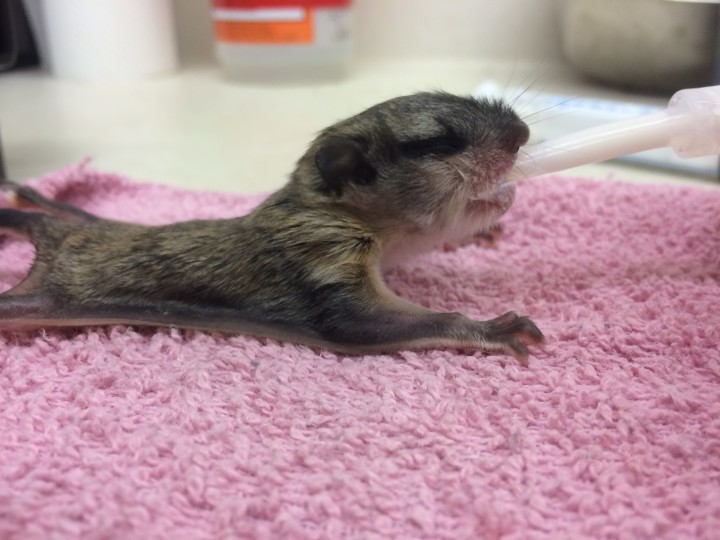
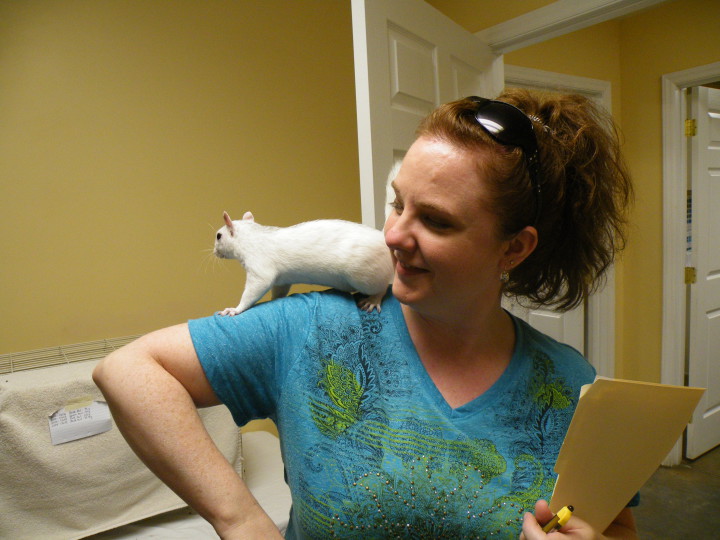



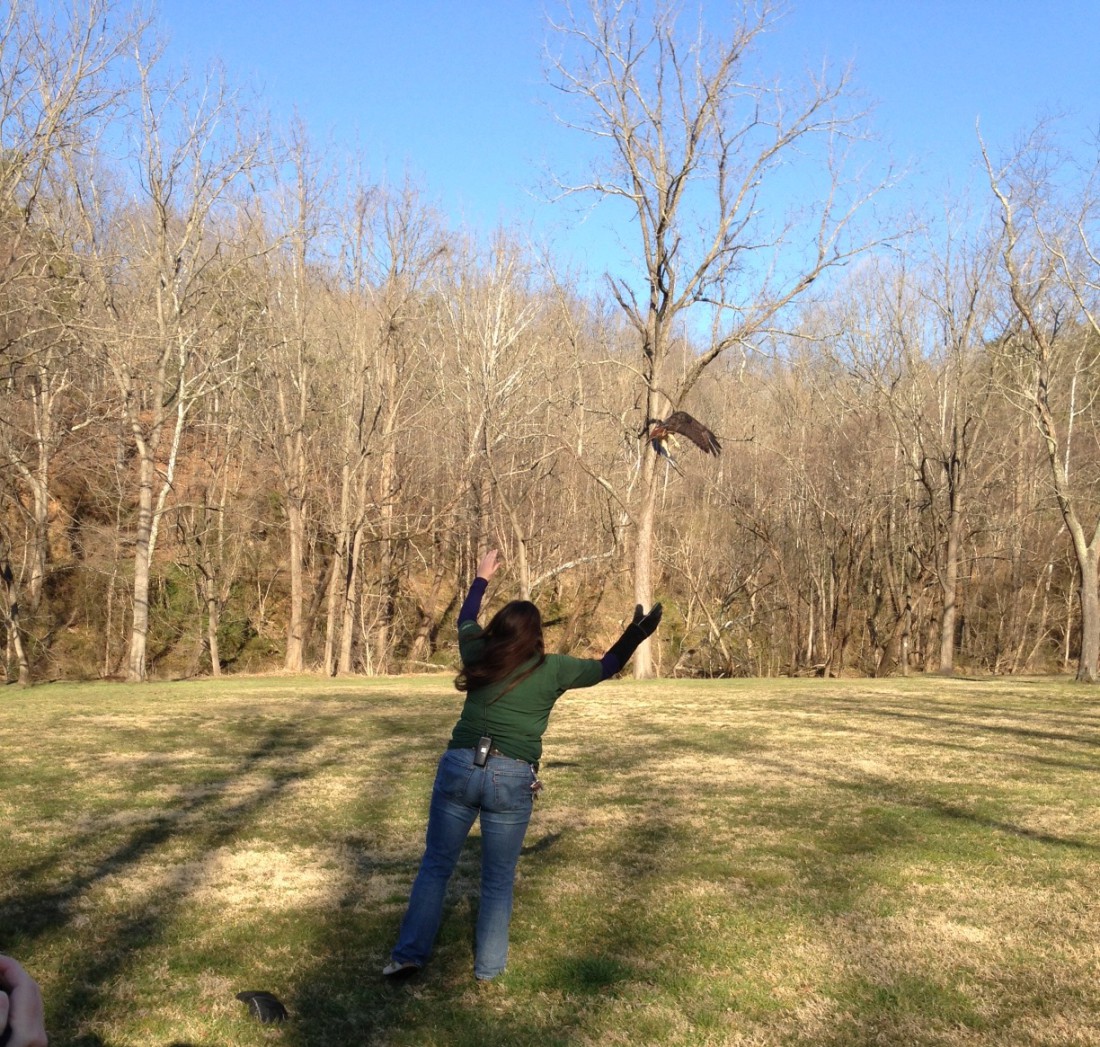

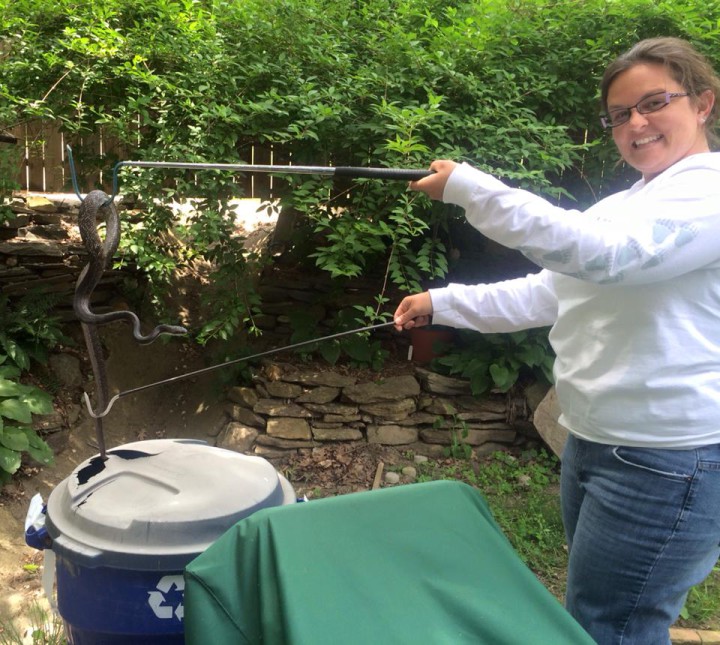
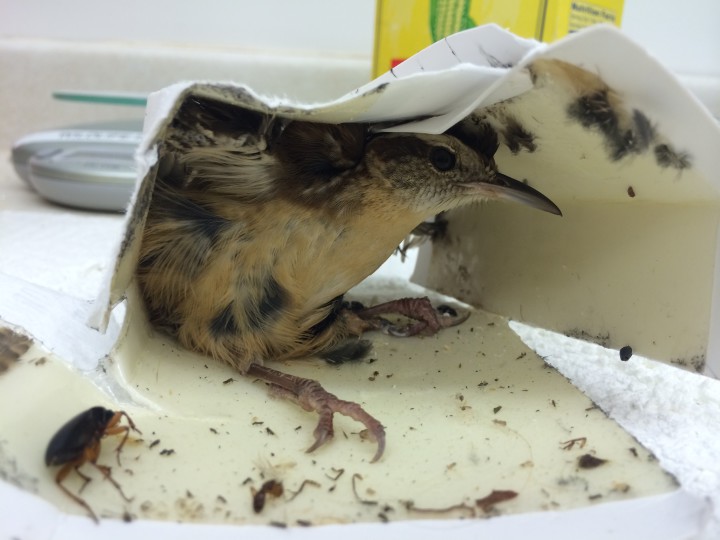

Before you comment
The comments section is here to provide a platform for civil dialogue on the issues we face together as a local community. Xpress is committed to offering this platform for all voices, but when the tone of the discussion gets nasty or strays off topic, we believe many people choose not to participate. Xpress editors are determined to moderate comments to ensure a constructive interchange is maintained. All comments judged not to be in keeping with the spirit of civil discourse will be removed and repeat violators will be banned. See here for our terms of service. Thank you for being part of this effort to promote respectful discussion.